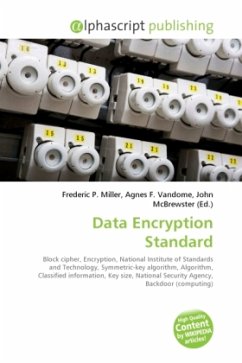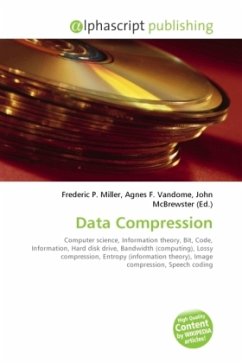The Data Encryption Standard (DES) is a block cipher (a form of shared secret encryption) that was selected by the National Bureau of Standards as an official Federal Information Processing Standard (FIPS) for the United States in 1976 and which has subsequently enjoyed widespread use internationally. It is based on a symmetric-key algorithm that uses a 56-bit key. The algorithm was initially controversial with classified design elements, a relatively short key length, and suspicions about a National Security Agency (NSA) backdoor. DES consequently came under intense academic scrutiny which motivated the modern understanding of block ciphers and their cryptanalysis. DES is now considered to be insecure for many applications. This is chiefly due to the 56-bit key size being too small; in January, 1999, distributed.net and the Electronic Frontier Foundation collaborated to publicly break a DES key in 22 hours and 15 minutes (see chronology). There are also some analytical results which demonstrate theoretical weaknesses in the cipher, although they are unfeasible to mount in practice.
Bitte wählen Sie Ihr Anliegen aus.
Rechnungen
Retourenschein anfordern
Bestellstatus
Storno








